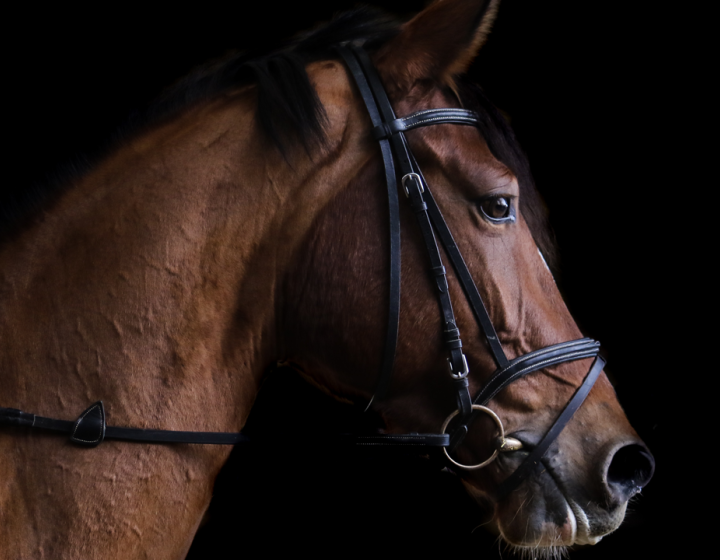BBS student Q&A: Naya Eady
Naya Eady
Ph.D. Candidate, Wagner Lab
Q: What is your area of research, and why is it important?
I am an equine immunologist and virologist in training. I investigate the horse adaptive immune response to equine herpesvirus 1 (EHV-1) with a focus on neutralizing antibodies and their protective mechanisms. EHV-1 is a respiratory pathogen that impacts horse health on a global scale. This virus is extremely common, with outbreaks introducing disruptions within the equine industry. Having a more in depth understanding of the horse immune response allows for the generation of improved treatment and vaccination options to combat this ongoing issue. In addition to studying the biological functions antibodies, I develop antibodies to use as tools to enhance the characterization of equine B cell populations. There are plenty of tools available for characterizing immune cell populations in humans and mice. Unfortunately, the horse researcher tool belt is relatively sparse. It feels great to be able to help make things easier for those who study organisms outside of the norm.
Q: What initiatives are you are involved within the BBS Program?
I have been lucky enough to be a member of the BBS Diversity and Inclusion (D&I) Council. We focus on enhancing cultural awareness, sensitivity, growth and providing an overall sense of belonging for those underrepresented in the sciences. We have hosted numerous events, most of which were remote due to the pandemic. We’ve hosted virtual movie nights, D&I journal clubs, stupid questions nights, game nights and a grievances night to foster a sense of community within BBS.
I also served as the co-chair of the multicultural academic council (MAC) for two years. MAC is a graduate student organization focused on ensuring that doctoral students across fields, especially from those backgrounds historically underrepresented in academia, can gain access to mentorship, and develop strategies to thrive throughout their graduate career and onward. In this role, I worked on assigning peer mentor and mentee groups, and programming monthly meetings. Some topics we have discussed at these meetings include, choosing an advisor/mentor, time management, difficult conversations with your advisor and wellness practices.

Q: What are your hobbies outside of your academic work?
In my spare time I enjoy reading, arts/crafts, singing, exercising, gaming, cooking, watching movies and spending time with my family, friends and pets. Two of my best friends and I started a book club that has been going on for just over a year now. I am proud that we have read twenty books within that time. Reading and exercise are my top two ways to de-stress.
Q: What advice would you give an entering Ph.D. student?
My advice for those entering the program: do not compare yourself to others, do not be afraid to fail (that is a part of learning), celebrate all of your wins regardless of the size, and always have faith in your abilities (you are capable of a lot more than you may think).
Q: Anything else to share?
I am beyond grateful for the opportunity to earn my Ph.D, it's challenging work for sure but I am glad to be on this path. I am thankful for the support of my advisor, Bettina Wagner and my lab mates. I am also extremely grateful for my family and friends that keep me going. Lastly, I am thankful for the horses that I get to interact with regularly!





